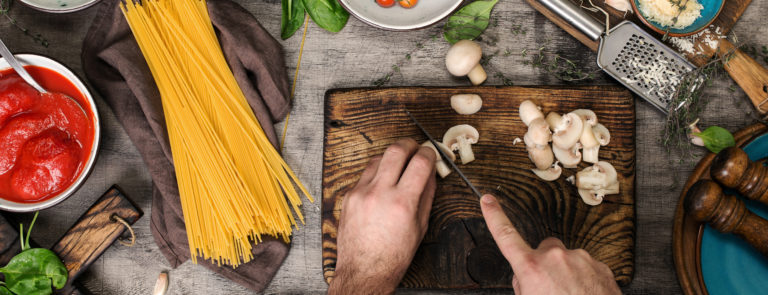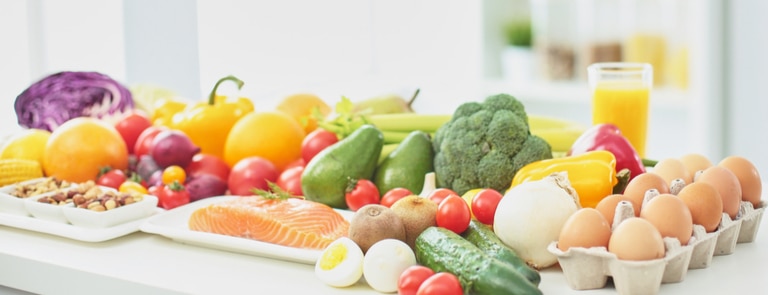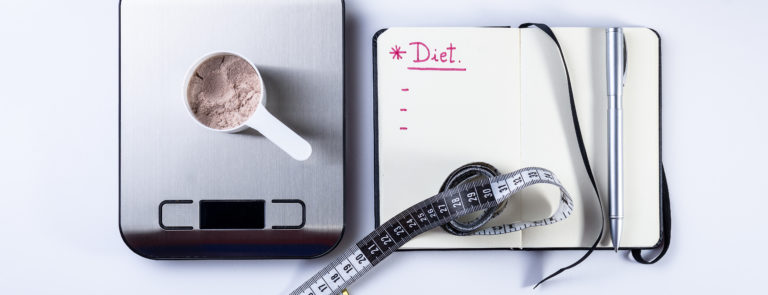15% off €25
Code:SPEND
Best foods for weight loss

Maintaining a balanced diet is very important when losing weight, so find out the best foods which will help you burn fat. Have a look...
If you’re keen to lose weight safely, one of the best places to start is your diet
It’s not uncommon for both adults and children to eat more than their recommended daily calorie intake. As well as exercising regularly, you should be making sure that you’re eating the correct amounts of certain foods to help maintain a healthy weight.
Weight loss and dieting
First things first, steer clear of fad diets such as low carb eating plans or the popular 5:2 diet. The extreme changes they subject your body to can often do more damage than good and may even make you ill. It’s also best not to exclude any food groups from your diet. Cutting out certain foods – such as sugar or fats – may mean you eat an unhealthy amount of something else instead.Foods which support healthy weight loss
Unfortunately, there’s no one type of food which will instantly make you lose weight! Instead, you should be eating foods that contain all the essential nutrients your body needs. Cut out calorific beverages such as alcohol or fizzy drinks and make junk food an occasional treat, not a daily habit.Specific foods which may support weight loss include:
Fruit and vegetables Fruit and veg should ideally make up a third of your diet as they’re packed with vitamins which support and nourish your body. When in doubt, remember that you should be eating five portions of them a day in either fresh, frozen or tinned form. Wholegrain starches Another third of your diet should be energy-boosting, starchy carbohydrates like potatoes, rice, pasta and bread. If you can, eat wholegrain varieties containing additional fibre and vitamins. Ideally, every meal should contain starchy food. Low-fat dairy Dairy products like milk, cheese and yoghurt are all great sources of calcium and protein. However, they’re often associated with being ‘fatty’. Try switching to low-fat versions and reducing your daily intake – ideally dairy should only make up about an eighth of your overall calories. If you eat or drink dairy alternatives, pick unsweetened or lower-fat versions. Protein Fish and lean meats are great sources of protein. If you’re a non-meat eater though, you’ll need to supplement these with more beans and pulses. Everyone should include these in their diets; however, vegetarians and vegans should incorporate beans, lentils and peas into most of their meals as they’re fantastic sources of fibre and protein. Unsaturated fats One of the first things people stop eating when they’re trying to diet is fats. Our bodies actually need small amounts of healthy fats to aid in absorbing specific vitamins and to give us energy. Nevertheless, things like oil and butter should only be consumed in small amounts. Avoid saturated fats like butter, lard and ghee (and products containing them) which are high in cholesterol and stick to healthier, unsaturated options like vegetable, olive or rapeseed oil.Maintaining a balanced diet
Losing weight healthily is all about balance. Getting the right amount of all five of the main food groups and drinking plenty of water is a fantastic way to lose weight without damaging your body. You could also:- Use a smaller plate to avoid eating excessive portions.
- Plan out meals in advance so you know you’re staying within your calorie allowance.
- Avoid junk food and only eat sugary or fatty snacks as a treat.



